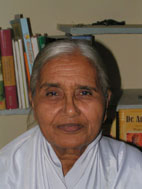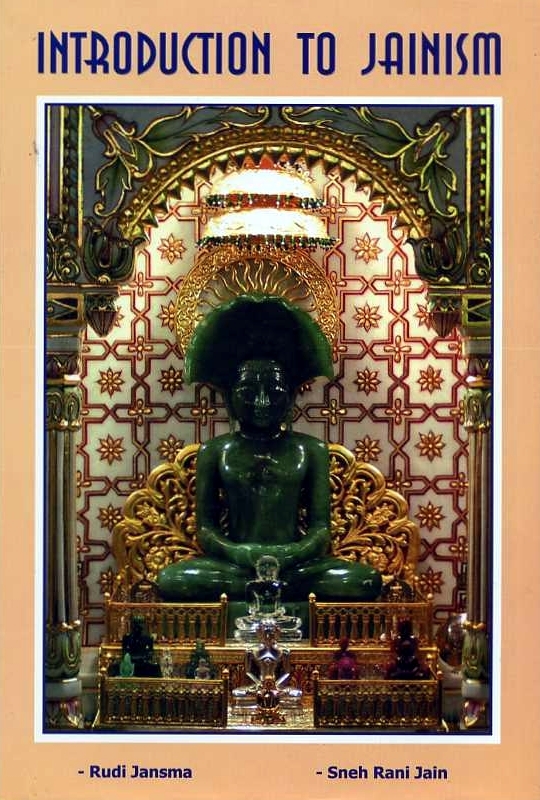According to Jainism the whole cosmos is built of substance. Two types of substance are distinguished: living and non-living. This can roughly be compared with the western division of nature into organic and inorganic, but the boundaries are very different in Jainism. Non-living, i.e. soulless nature, is divided into space, time, extension, movement, rest, and matter (pudgala). Most western scientists will agree that matter is non-conscious and non-living, but this idea deviates from most other great systems of thought. Matter, say the Jains, consists of atoms that have the property of being either rough or smooth, which combine into molecules, which are geometrical arrangements of atoms. This also is in agreement with modern chemistry. But what is important is that Jainism distinguishes several grades of matter: besides the physical matter of which our bodies and the perceptible things around us are composed, there are four other grades, which are the types of matter of which invisible bodies are composed. There is not only a physical body, but also what they call a “fluidic” body [34] of which the bodies of celestial and hellish beings are composed, an assimilative body (which can only be projected by saints), a fire or electric body, and a karmic body.[35] The last two, the electric and the karmic body, are possessed by all creatures, primitive or highly evolved, and these have always (“from the beginningless past”) been connected with the soul. Only liberated, pure souls are “naked” souls, without any garment. They have no more karma. Each of the five types of bodies is built of matter - of molecules - but of an ever more subtle nature. The karmic body is the most subtle and is built of karmic molecules. These are the molecules that are attracted to the soul by the activities of the mind and the emotions and adhere to it. Thus arises bandha, karmic bondage between soul and matter. The soul is obscured, masked, as it were, and therefore prevented from shining in its full glory.
We know that the number of molecules of chemistry that exist or could exist is virtually unlimited. Then how many more possibilities might be available for the much subtler karmic chemistry? The Jain doctrine on karma pudgala (karmic matter) could give an explanation for the innumerable types of diseases, setbacks, circumstances, and other fruits of karma we can meet. No two individuals have the same karma, not even identical twins. Every thought, every emotion, and every feeling produces its own soul vibration, its own ‘color’ as it were, and fits, I suppose that a particular karmic molecular structure fits each of these.
Jainism is unique in Indian thought with this “materialistic” (pudgalic, I should say) view of karma. In the holistic approaches of other systems - as is particularly emphasized in modern Theosophy - every atom in the infinite cosmos contains in principle everything that constitutes the cosmos. If so, it is not possible to think of any phenomenon in the cosmos as devoid of life and consciousness. That also applies to thoughts, feelings, “vibrations” and karmas. That does not imply that all existing things have their own soul - my computer has no soul, life or consciousness of its own. But all units that are actively composed by nature itself, such as molecules, have a jīva, says Theosophy. In this, Jainism differs remarkably from other philosophical systems. The Jain explanation may, however, help us to understand the mechanism of karma.
The fluid body is not to be confused with the Theosophical/Hindu linga or astral body, or the Anthroposophical ether body which is intimately linked with our physical body, of which it is the model. In Jainism the form is defined by the physical form, which is defined by the karmic body.
 Dr. Sneh Rani Jain
Dr. Sneh Rani Jain
 Publisher:
Publisher: